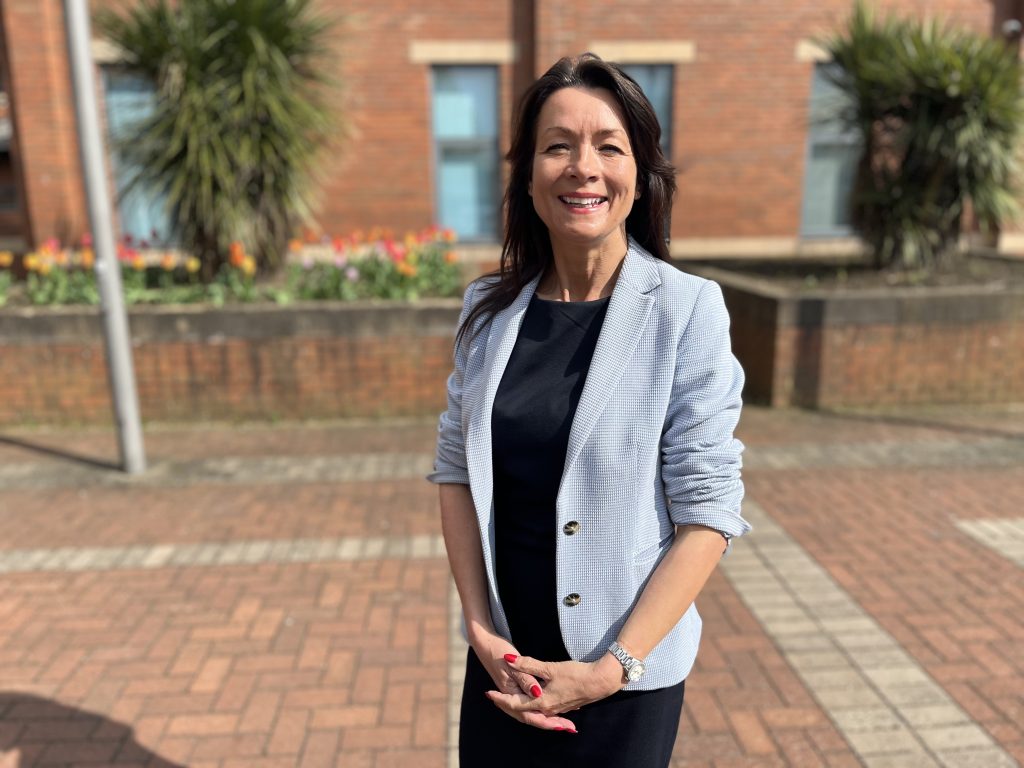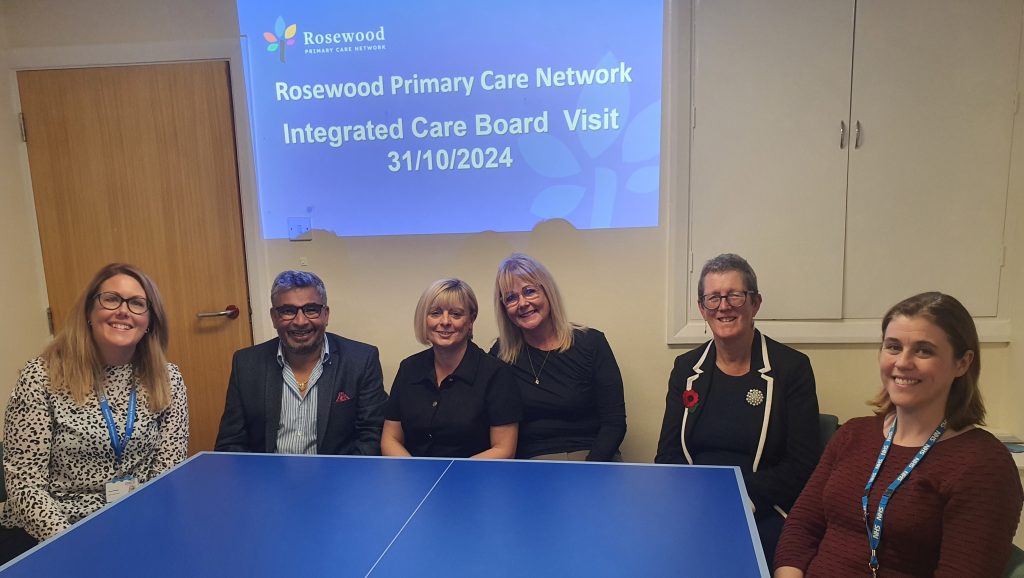Mid-Notts Place-Based Partnership announce new Chair
Mid-Nottinghamshire Place-Based Partnership (MNPBP) is pleased to announce the appointment of Theresa Hodgkinson, Chief Executive of Ashfield District Council, as its new Chair.
The Mid Notts Partnership brings together over 15 health and care organisations including local authority, community services, GPs and hospitals, as well as wider partners such as the community, voluntary and social enterprise sector.
Working in partnership with people within our communities, the organisations collaborate to deliver the MNPBP’s shared ambition, which is: “Working Together to enable everyone across Ashfield, Mansfield, Newark and Sherwood to live healthier and happier lives, to prosper in their communities and remain independent throughout life”
The news of Theresa’s appointment comes after previous Chair Adam Hill, Chief Executive at Mansfield District Council, announced his departure from the MNPBP to take on a new role at Rushcliffe Borough Council.
Adam said: “It has been a real honour and privilege to be chair of the Mid Notts Placed Based Partnership. Bringing together partners and stakeholders in a collaborative approach has helped to deliver real changes in the community along with improved health and wellbeing for the residents of Ashfield, Mansfield, and Newark and Sherwood council areas.
“The commitment from partners across the public, private and third sector is inspiring, and it has been great to see so many new and improved projects delivered throughout the area. These include the Bellamy Health Prevention Project, the creation of a new Community Hub in Ashfield, the introduction of Social Prescribing support across Mid Nottinghamshire, and the delivery of support for the physical and emotional health of children and young people in Newark and Sherwood, to name a few.
“These projects have been successful due to partnership working and I am extremely proud of the legacy and foundations that have been developed during my time as chair. I am pleased that Theresa Hodgkinson will be taking up the mantle of Chair following my departure, and I know that the partnership will continue to thrive in her hands.
Thilan Bartholomeuz, Clinical Director of Mid-Nottinghamshire Place-Based Partnership, said of the news: “I was saddened to hear that Adam Hill announced his departure. Adam has brought energy and direction to the role of PBP Chair and has a clear passion for improving partnerships within the mid-Nottinghamshire area. I, and the wider PBP executive Team will be sorry to see him go but are excited to welcome Theresa into the new role.
“Theresa brings a wealth of experience and a proven commitment to partnership working, which will be invaluable as we continue to address challenges and seize opportunities in the mid-Nottinghamshire area. Her leadership and vision will build on the solid foundations laid by Adam and drive us forward in delivering meaningful improvements for our communities.”
Stepping up from her previous role as Vice-Chair of the partnership, Theresa has worked within Local Government in Nottinghamshire for over 35 years and previously held the post of Director of Place and Communities. Since her appointment as Chief Executive Officer at Ashfield District Council in 2021 the council has progressed rapidly, and the district is due to see unprecedented levels of investment in its services over the next five years.
Theresa said: “I am honoured to be the new Chair of the Mid-Nottinghamshire Place-Based Partnership.
“This Partnership enables us to bring together health and social care services across Ashfield, Mansfield, Newark and Sherwood. Alongside colleagues, I aim to help improve and join up services, tackling health inequalities in a purposeful and coordinated way while working alongside and championing the voices of our communities in Mid Nottinghamshire.
Theresa’s focus on working within priority neighbourhoods and ensuring all residents have the same access to opportunities, coupled with her previous experience as Vice Chair of the Partnership, means her appointment is a positive step for the future of the MNPBP.
She continued, “Our health and wellbeing is strongly shaped by the conditions in which we are born, grow, live, learn, work and age throughout our lives. I am positive that by working with key stakeholders including councils, NHS, wider Public Sector organisations, third sector, businesses, and education institutions to name a few, we will be able to deliver our plans to bring a lasting benefit to the lives of people who live, learn or work in Mid Nottinghamshire.”

